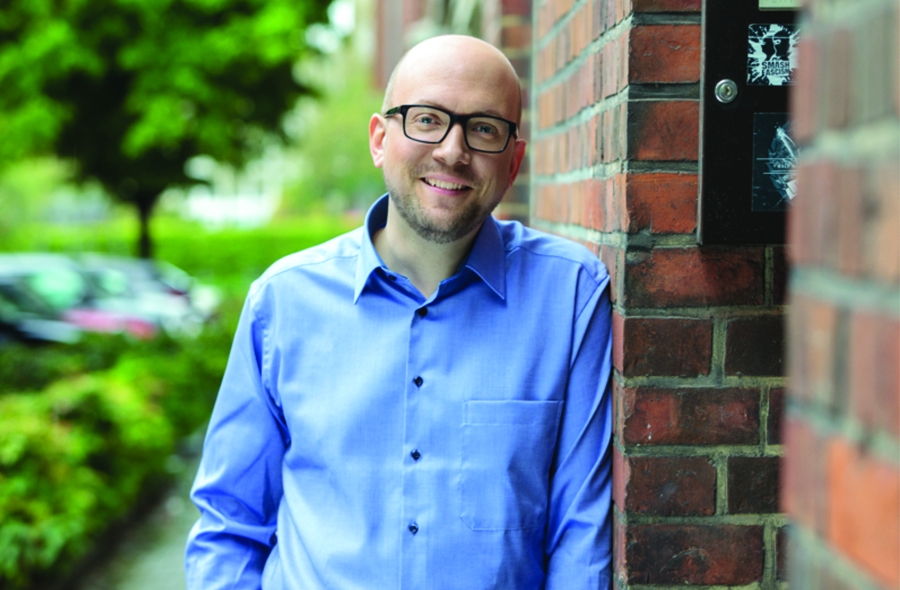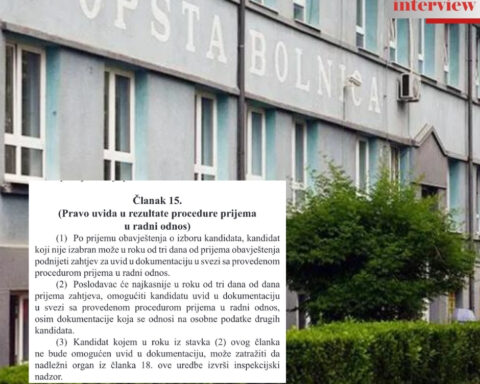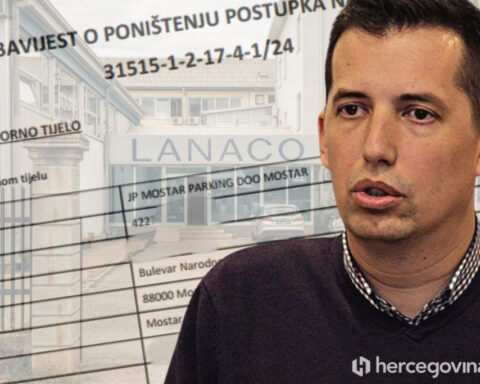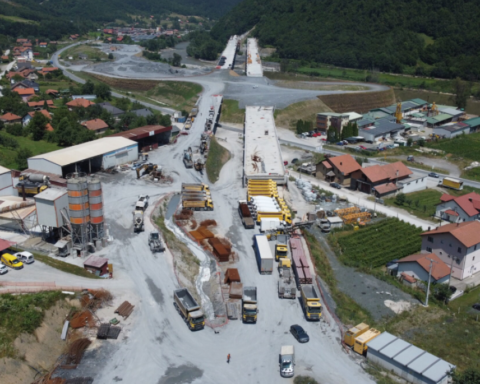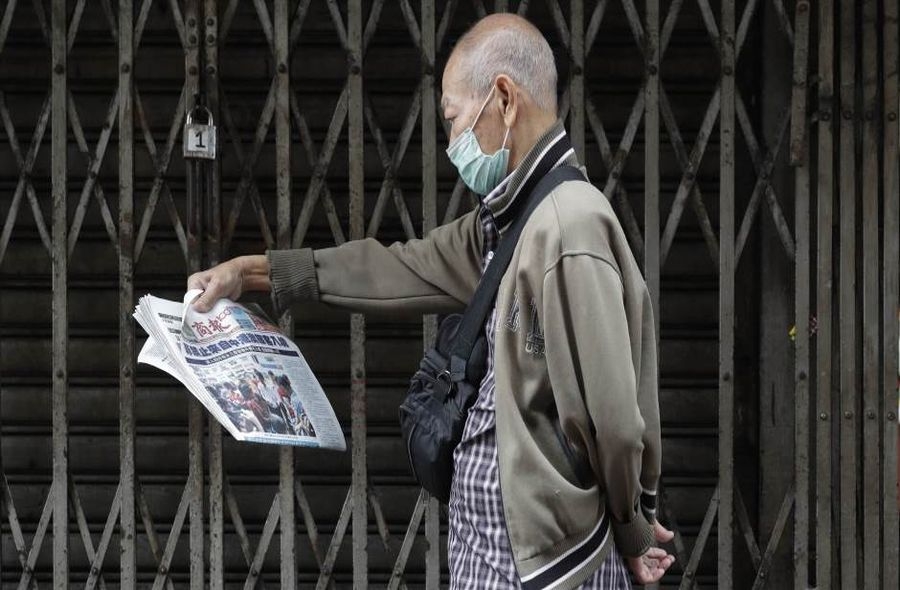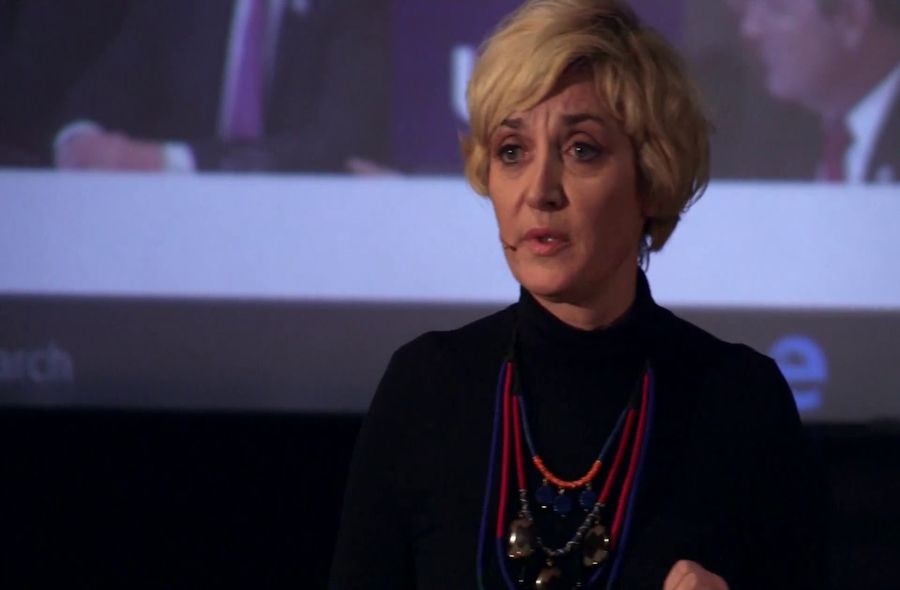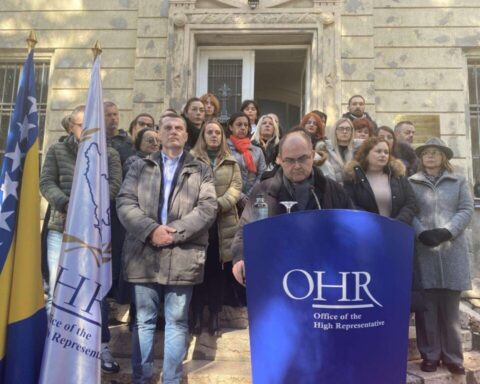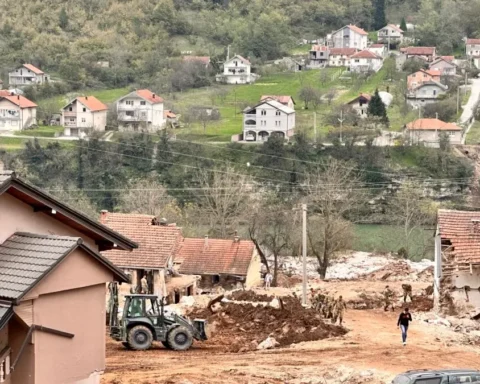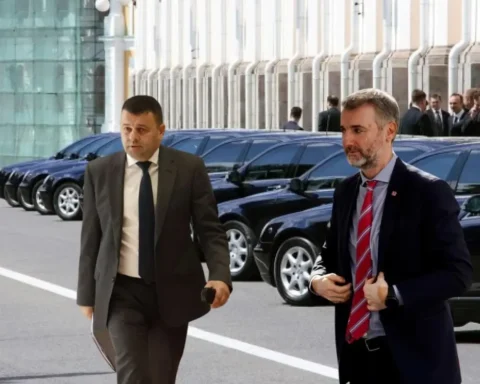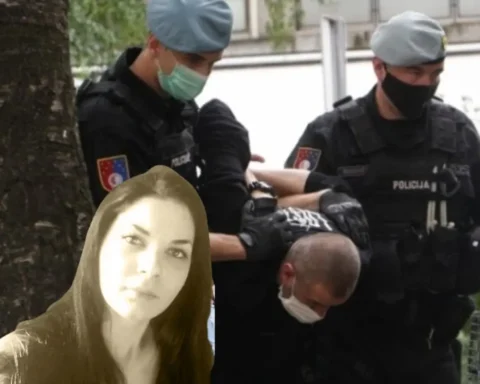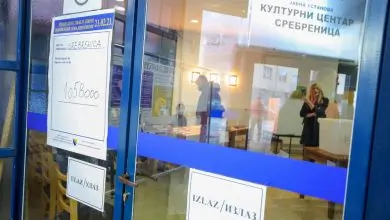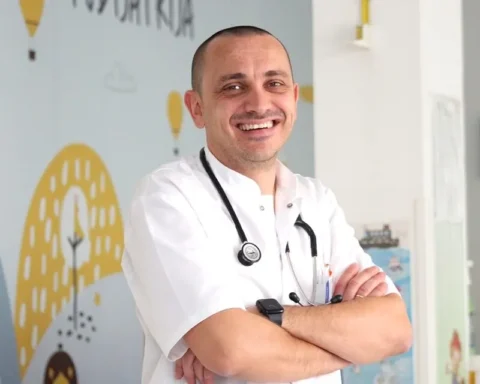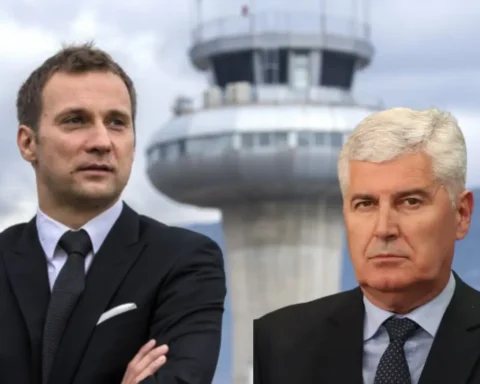Bosnia and Herzegovina have entered into 2020. with the same problems as the last two decades – dysfunctional system, non-existence of the rule of law, high level of corruption, endangered freedom of media etc, of which every one reflects the pervasiveness of separatism and divisive policies in the country. The current trends and political pronouncements certainly indicate an ongoing effort to roll back the reforms that have carried the country this far. But not that only the country’s political elite has a lack of focus on issues of real importance to the citizens, but the international community seems to raise its hands and step aside. What is the role of the international community today, especially European Union, who does not want for the country to move forward, why the Law against genocide denial is important….are some of the questions on which Mr. Manuel Sarrazin, Member of the German Bundestag and great friend of Bosnia and Herzegovina gave answers to Interview.ba.
INTERVIEW.BA: Why the International Community raised its hands from Bosnia and Herzegovina?
SARRAZIN: The international community thinks that it does not make sense to try to impose a solution for Bosnia and Herzegovina because, in the end, it will not function. They want to see that the stakeholders in Bosnia and Herzegovina are willing to contribute. On the other hand, I think that the international community sometimes is not robust like it is necessary to bring political actors in Bosnia and Herzegovina to act.
INTERVIEW: What the International Community should do to ensure that domestic politicians start to act responsibly toward citizens and country?
SARRAZIN: I would say that the approach must be sensitive, it would not make sense to have a neo-colonial approach like that Brussels is deciding what is the best in Sarajevo, Mostar or Banja Luka. But, I think that the European Union should not play the game of the entities always putting the blame on each other, while the country is stuck and lagging behind.
INTERVIEW.BA: It was obvious that without the strong International Community pressure, the first Pride Parade in BiH 2019 would not happen. How to engage IC to become again more involved in moving BiH forward?
SARRAZIN: The first pride parade was a key to show everybody in Europe that Bosnia and Herzegovina, regarding the civil society, is still on a path forward and that changes are possible. On the other hand, it is also showing that sometimes the international community has to be heavily involved because the outcome of the situation was not clear. I think the first task is to find actors in the foreign ministries and in Brussels who are willing to say “we are believing so much that the European project cannot be completed without Bosnia that we are willing to put personal capital political engagement into the country”. There are European capitals who are willing to put Bosnia and Herzegovina on the priority again because there is a real danger that if the Bosnia stays behind it would endanger the stability of the whole region.
INTERVIEW.BA: What do you think about the role of the Office of High Representative in BiH?
SARRAZIN: We should not easily dismiss the competences of the OHR regarding ensuring security for the country. With general development in the region, great nationalism and growing forces in your country trying to move the country to a different path, I think it is not a good idea for OHR to just fade it out and not to have any power anymore.
INTERVIEW: How to unstuck the positive processes in BiH?
SARRAZIN: Nobody has one clear magic spell to unstuck processes. We have to focus more on the local level, on best practice examples, on communities who are willing to act. On the other hand, make clear to the national politicians that if they want to participate and benefit from European Union enlargement processes that include the Western Balkans, the EU expects them to react.
INTERVIEW: After World War II, Germany successfully completed the process of denazification. In Bosnia and Herzegovina 25 years after the war and Srebrenica Genocide, the politicians and political parties still cannot agree to adopt Law Against Genocide Denial. How German society managed to fulfill the process?
SARRAZIN: We should not compare holocaust with genocides perhaps, but at least we can understand that the importance of the genocide and the war in Bosnia was for your country similarly important to what was happening in Germany regarding the holocaust. It is quite clear that Germany, especially in the first twenty years after the war, was not totally successful in denazification of the whole society, in political and economic sphere, but at least it was clear that for German law and for the international law denial of holocaust and denial of German guilt in this situation was non-acceptable. So on that basis everybody knows that it is not allowed to deny that the Holocaust took place and what was the intention of it. On this way, we built up a kind of common sense of the society, which was upbringing us to the political stability and agreement between political experts that this part of German history should never happen again. Moreover, I think that it can be applied to your question, especially to the Srebrenica case. You have international courts’ rulings that are stating that it was genocide taking place, I really cannot understand how local politicians can have the different opinions than the highest international court, and a different definition of what was happening in Bosnia and Herzegovina.
INTERVIEW.BA: It is more than 10 years since the delivery of the European Court of Human Rights (ECHR) judgment in the Sejdic-Finci case against the state of Bosnia and Herzegovina, concerning the discriminatory nature of the country’s electoral system. None of the necessary reforms have been adopted and the International Community did not retaliate on Bosnian ruling parties. Why?
SARRAZIN: It must be clear to the Bosnian politicians that if they are serious on the path of the European Union enlargement and getting one day Bosnia and Herzegovina as a member they must comply with the European law. It will become impossible to comply with the European acquis if the questions of genocide denial as well as Sejdic-Finci court decisions are not applied to Bosnian legislation. Regarding the Sejdic-Finci ruling, there is clear political interest behind that, from specific entities in Bosnia and Herzegovina, which are clearly having the sake of successful pass of Bosnia and Herzegovina to the European Union not as much in mind, as their own personal findings regarding power and influence.
INTERVIEW: Who for example? Could you be more specific?
SARRAZIN: Well, you can see for example the interviews with Mr. Dodik who says that Bosnia is a non-existing state. To come back on the genocide denial question again. The political speech to deny genocide per se is mainly showing that you do not want to take over the responsibility to say what happened, to talk about historical facts. To show that actually you know, to say things as if they are is to find a common ground for settling the situation. If leaders in Bosnia and Herzegovina, and in other countries of the region, are not changing their general perception and be outspoken on genocide, the European pass of your country and the whole region will be much more difficult and it will bring Bosnia and Herzegovina farther away from the European Union than it is today.
INTERVIEW.BA: How well do you know about the City of Mostar status in which citizens cannot exercise the essential human rights – to vote?
SARRAZIN: Democracy without elections is not democracy. It is nothing less than a scandal. I think that of course, Germany is willing to help if you need technical assistance, assistance regarding getting different stakeholders at the table, but I think it is only helpful if key politicians have will to find a solution on all sides.
INTERVIEW.BA: Last year you acted as the representative of the foreign government that publicly offered help to the Bosnian and Herzegovinian activist and journalist Štefica Galić, who is very often under attacks for her open speak about war and war crimes. Are you in contact with her?
SARRAZIN: My office and I are in permanent contact with her, and our impression is that she is engaged as before. I have not heard of any attack on her since I took over. Štefica has inspired me for my daily work and showed me why being engaged in politics is important and how great people you have in your county. Moreover, what a potential Bosnia and Herzegovina have! You do have great potential in the country and you have real European spirit in Bosnia and Herzegovina. I wish that the spirit, strengths, and the potential of the people could be more included into the path of the country towards the European Union, because I believe that the European Union will never be complete, without the entire Western Balkans, and especially Bosnia and Herzegovina as an independent and sovereign state in today’s borders become member.
INTERVIEW.BA: Many people decided to leave this country as a way of silent protest against the status quo and daily tensions. In addition, many of them leave for – Germany. If Germany really adopts the law on March 2020 that will enable people to easier obtain the working visa, we can predict the real flow of Bosnian citizens to German borders…
SARRAZIN: In the European Union, we have one principle that everybody can search for his or her luck wherever he or she wants to. Yes, it is obviously a problem that people are leaving BiH, especially young and educated people but not allowing a person in searching his or her own luck also somewhere else is not the right answer on this. I believe that most young people are leaving the country not only as a feedback on the situation but because they lost hope in long-term changes. It is very important to see this and to tackle it.
INTERVIEW.BA: What is the perception of Bosnia and Herzegovina in Germany? As a country still in need of humanitarian assistance or captured state or maybe we are not on agenda at all?
SARRAZIN: There seem to be more hot crisis places on earth, Syria, Venezuela, and so on but there is an issue for Bosnia and Herzegovina as a specific country. Everybody remembers the war and Srebrenica. The people in Germany are in general very aware of the region and that the peace is not as stable as it might look sometimes. You know, a politician is trying to find a place where he can promote foreign policy success. I think not many politicians would spontaneously get the idea “okay I am going to choose Bosnia and Herzegovina for putting my political wits to.” Not being able to agree on anything between the entities and political institutions of your country diminishes the appetite of politicians in Germany. But I also have to say that in all fractions of German parliament we have those ones that believe in Bosnia and Herzegovina. There is a special group in the German parliament and in German bureaucracy concerned for the sake of your country.
INTERVIEW. BA: It’s not only politics that is a major concern – in Bosnia the air pollution is a huge problem. None of the governments take this issue seriously and do not dedicate resources to solve the problem…
SARRAZIN: It is quite obvious that Sarajevo has a lot of air pollution which is affecting the lives of all people. I have two children and I know that air pollution is affecting life expectancy of the kids living in the city. It is so obvious that this is a huge topic as well as all these topics regarding environment, procurement, water. Also, these topics are interconnected with fight against corruption because usually, these are areas where somebody trying to get profit on the cost of the society. If you look at the landscape of BiH your country will be really massively influenced by climate change and it is really necessary to find a good way in organizing the question of pollution.
ČITAJTE INTERVJU NA B/H/S OVDJE.

